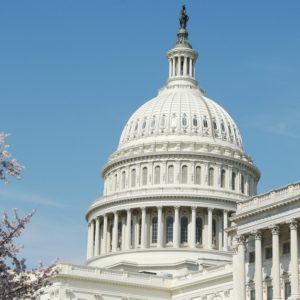On Tax Day 2019, the first year of data on corporate taxes under the Tax Cuts and Jobs Act (TCJA) are coming in. Those who championed the corporate reforms promised, among other benefits, that the changes would end the offshore shell games by multinationals, profits stashed in tax havens would return to the U.S., and the new competitive rate would attract a flood of foreign direct investment.
Opponents of the new law, like the FACT Coalition and our members, argued that the incentives would have the opposite effect: the offshoring of profits would continue and the incentives might well create new (unhelpful) distortions influencing corporate behavior.
It is now time to look at what actually happened. To get a better sense of the impact, consider the following recent excerpts from various news reports and analysis by tax experts.






